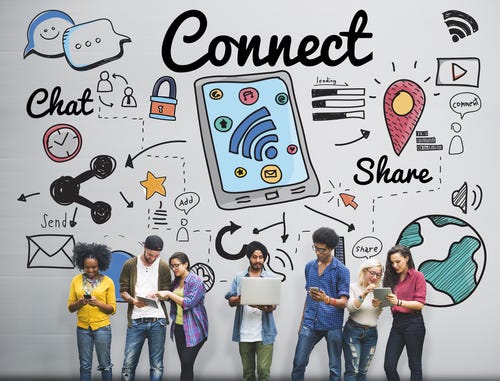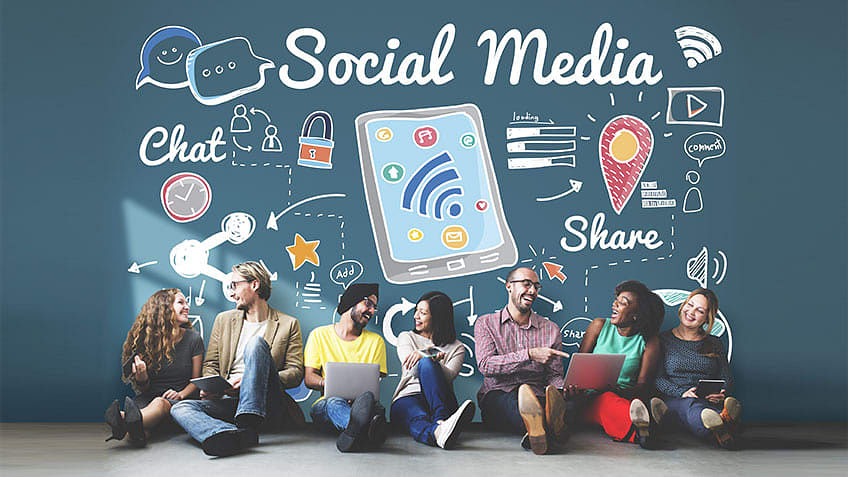Facebook has changed a lot.

Social media in general
I took a break from the Meta platform and now I clearly notice things that have changed from what it used to be two years ago or 10 years ago.
The direction of the change is dependent on one’s perceptions and uses of the Meta Kingdom 🤴.
📌 I can now see that Facebook has advanced beyond all its elementary stages of development.
At the beginning, we all joined Facebook to connect with people we knew and others we would want to know.
You filled in your location, the school you attended, work place, and interests.
They used those details to connect one person to another:
✅️ connect people from the same schools and community.
✅️ connect people around the world.
✅️ connect people to what they’re interested in.
By doing that, Facebook now has about 3 billion accounts.
It was mostly aaboutcomingvonline hear to share pictures, wishes, and updates. At the beginning, whenever you came online you’d see only posts from your friends or friends of your friends. especially if your friends was tagged.
Those are what you had on uour feeds.
📌 But if you’ve observed it,
the Zuckerbaby 🌜📚 like most social media platforms, has advanced; one could say changed.
Posts you see on your feeds are dominated by those from accounts you don’t follow or befriend. However, they’re still based on your activities on the platform.
Someone once asked me how computer knowbwhat they liked.
Machine is learning from your activities to enrich your experience on the platform.
Read one post, it’ll suggest ten similar posts.
Watch a video, it’ll throw in more videos like it or more posts from the same account.
Send one friend request, you’ll inundated accounts with similar profiles.
So basically, algorithm is throwing our preferences back to us.
That’s why everywhere today, you hear AI; AI this, AI that.
Artificial Intelligence knows many of us much more than we know ourselves. It’s the presence and the future of advancement on 🌎 .
📌 However, that’s not even the greatest change I’ve noticed on Facebook.
We’re no longer “friends”. We’re are no longer mere faces connected by yearbooks of colleges or shared physical communities.
You remember how otobo (village squares) started as meeting points where villagers gathered for meetings, discussions, and cultural festivals? After a while, people started bringing their goods and services to the otobo. Some brought their campaigns. Soon after, the junction became Orie or Afor Market. Buyers and sellers meet regularly.
Even gossips come to spread rumours or lies.
The social media platforms are like that too now.
We’re now a market, a community of buyers and sellers. Engineers at the platform are working harder to make this even smoother. Connect buyers to sellers and sellers to buyers. Meta is not alone on this. Elon Musk renamed his Twitter to X, to make an “everything app”.
Many of us are already late adopters.
Still, it’s better late than never.
Should we keep coming to a market square without buying or selling anything?
One of my primary school teachers called such as Oima Okwo.
We can sell
👉 products.
👉 services.
👉 ideas.
Those we sell offline. Or, something else. It’s no longer only about checking out profiles.
You could start discussing on social media the same topics you discuss at saloon 💅 or beer 🍺 parlour.
Social media want everyone to sell something.

